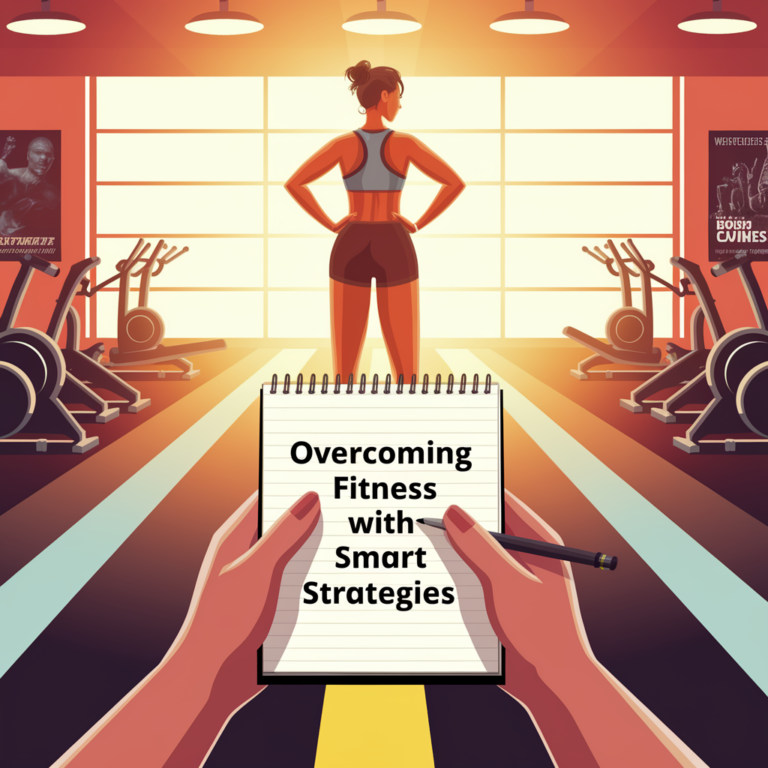The Rise of Esports: Understanding Its Growing Popularity and Cultural Significance
So, picture this: it’s a Saturday afternoon, and I’m lounging on the couch, half-heartedly scrolling through social media when I stumble upon a live stream of a League of Legends tournament. I can’t believe my eyes—there are thousands of people watching, cheering, and chatting away in the comments section. I thought I was the only one who still found myself glued to these digital battles! But it turns out, I was just one of millions captivated by the thrilling world of esports.
Esports, or electronic sports for those who may still be stuck in the early 2000s, has exploded in popularity over the past decade. Gone are the days when gaming was relegated to the realm of basement-dwelling teenagers. Today, it’s a global powerhouse, raking in billions of dollars and commanding audiences that rival traditional sports. If you’re wondering how we got here, then you’re in the right place. Let’s dive into this fascinating phenomenon!
What Exactly Are Esports?
Before we delve deeper, let’s clarify what esports really is. Simply put, esports refers to competitive video gaming where players compete in various games (think League of Legends, Dota 2, Counter-Strike, and even FIFA) and often play for cash prizes or glory. It’s like the Olympics of gaming, but with a lot more energy drinks and the occasional meme. These competitions can be held online or in massive arenas filled with fans, and the players? Well, they’re often treated like rock stars. (Can you imagine the backstage parties?)
A Brief History of Esports
To understand the rise of esports, we need to take a quick stroll down memory lane. Esports dates back to the late 1970s and early 80s when games like Space Invaders spawned the first gaming competitions. Fast forward to the 90s, and we see the emergence of tournaments for games like Street Fighter and Quake. It was during this time that the seeds of competitive gaming were firmly planted, but it wasn’t until the 2000s that it really started to flourish.
Remember when StarCraft took South Korea by storm? I mean, who could forget those late-night matches and the players who became household names? It was in Korea that esports first gained mainstream acceptance, with dedicated television channels and massive tournaments. But it didn’t stop there. The rise of platforms like Twitch in the early 2010s brought competitive gaming into the homes of millions, skyrocketing its popularity.
Why Is Esports So Popular? Let’s Break It Down
Okay, so now that we’ve got a bit of background, let’s tackle the big question: why is esports so popular? Trust me; there’s more to it than just kids playing video games all day.
1. Accessibility
One of the most significant factors contributing to the rise of esports is its accessibility. In today’s digital age, anyone with a decent internet connection can tune in to live streams, watch competitions, or even participate in amateur tournaments. You don’t need to buy a ticket to a stadium or wait for the weekend to catch the game on TV. Just whip out your phone, and voila! You’re in the arena, front-row seat and all (well, sort of).
2. Community and Connection
Esports has fostered a sense of community that’s hard to replicate elsewhere. Fans gather online, bonding over shared interests, supporting their favorite teams, and engaging in discussions that can get pretty heated (I’ve seen some intense debates over character stats). It’s like being part of a massive global family where friendships are formed over shared victories and defeats. Honestly, I’ve made friends I would probably never have met outside of the gaming world. Who knew that chatting about a character’s build in Dota 2 could lead to real-life hangouts?
3. The Thrill of Competition
Let’s not forget the thrill that comes with competition. Watching highly skilled players go head-to-head in nail-biting matches can be just as exhilarating as watching a nail-biting football game. Plus, there’s something uniquely satisfying about cheering for your team and celebrating their victories… or crying into your snacks after a heartbreaking loss. (I’ve been there, my friends.)
4. Professionalism and Sponsorship
As esports has grown, so has its legitimacy. Major organizations and brands have started to invest heavily in the scene, from sponsorships to creating professional leagues. It’s not just a bunch of kids in their parents’ basements anymore. We’re talking about multi-million dollar tournaments, professional teams, and players who can make a living doing what they love. It’s a dream come true for many, and it’s hard not to admire the hustle.
The Cultural Significance of Esports
Now, let’s get into the nitty-gritty of why esports matters beyond just entertainment. It’s become a cultural phenomenon that’s influencing everything from fashion to social norms.
1. Changing Perceptions of Gamers
Remember when being called a “gamer” came with a certain stigma? Those days are fading fast. Today, gamers are seen as diverse and multifaceted individuals who can excel in various fields. Esports has helped shift the narrative around gaming, showing that it can lead to lucrative careers and even educational opportunities. Colleges are offering scholarships for esports players—can you believe it? I wish my high school had that!
2. Bridging Gaps Between Generations
Esports has also become a bridge between generations. I often find myself in conversations with my parents about gaming (they still think “Fortnite” is a type of pizza, but we’re getting there). Watching esports events together can spark discussions about strategy, teamwork, and even life lessons. It’s pretty fascinating how something I once thought would isolate me from my family has turned into a shared interest.
3. Social Issues and Representation
Let’s talk about representation. Esports has the potential to address social issues and promote inclusivity. While we still have a long way to go, there’s a growing emphasis on creating spaces for underrepresented groups within the gaming community. Initiatives aimed at increasing diversity and combating toxicity are gaining traction, and it’s heartening to see the industry acknowledging its responsibilities.
The Future of Esports: What’s Next?
So, what’s next for esports? Honestly, I’m just as curious as you are! With its rapid growth, it’s safe to say we’re only scratching the surface.
1. Virtual Reality and Augmented Reality
Imagine watching an esports match where you feel like you’re in the game itself. With advancements in virtual reality and augmented reality, we might see a whole new level of immersion. I can already picture myself dodging fireballs in a VR arena (though I’ll probably trip over my own feet). It’s an exciting prospect!
2. The Rise of Women in Esports
Women in gaming have been making waves, and the future looks bright. With more female players, streamers, and influencers stepping into the spotlight, it’s important to continue breaking down barriers and encouraging diverse voices in the esports community. It’s about time we recognize the contributions of women in this space and celebrate their achievements.
3. Integration with Traditional Sports
We’re already seeing traditional sports teams investing in esports (hello, NBA teams with their own esports leagues). This integration might lead to even more crossover events, collaborations, and a blending of cultures. I mean, who wouldn’t want to see their favorite basketball player compete in a FIFA tournament?
Wrapping It Up (Like a Good Burrito)
As I sit back and reflect on the rise of esports, it’s clear that we’re witnessing a remarkable cultural shift. From its humble beginnings to becoming a billion-dollar industry, the world of esports is here to stay. Whether you’re a die-hard fan, a casual viewer, or someone who’s just curious about the hype, there’s no denying the impact it’s having on our society.
So, the next time you see a live stream or hear someone talking about their favorite esports team, remember: it’s more than just a game. It’s a movement that’s changing the way we connect, compete, and perceive the world of gaming. And who knows? You might just find yourself joining the crowd, cheering for your own favorite players in no time. (I wouldn’t blame you!)
Until next time, happy gaming!









